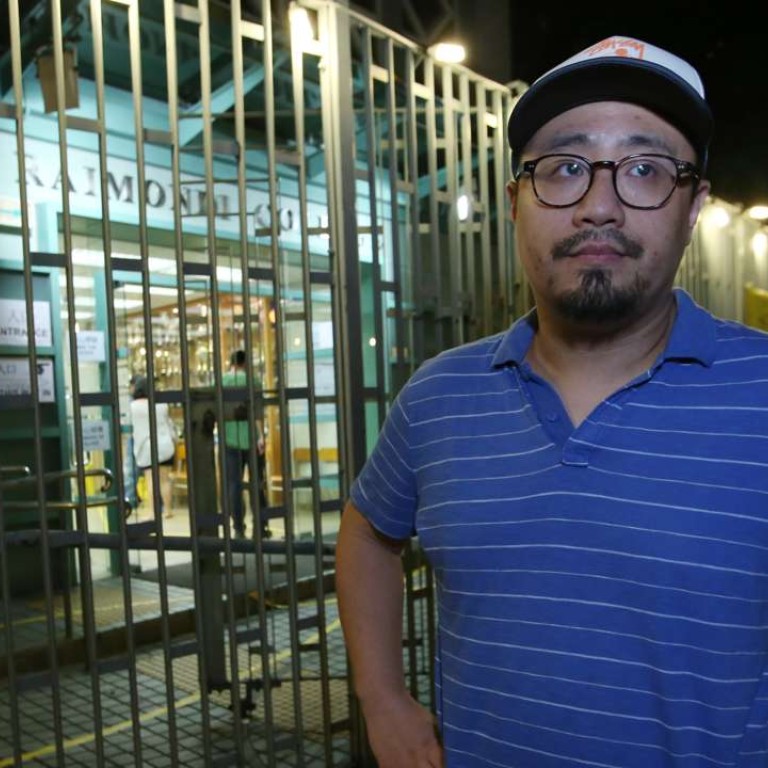
Reports of irregularities and influencing tarnish Hong Kong Legco vote
Complaints of ballots being rejected, missing or crossed-out names and groups of voters being instructed who to support surfaced as the city hit the polls on Sunday
When Chan Sin-yee presented her ID card to a polling officer yesterday hoping to cast her first ever vote in a Legislative Council election, she was shocked to see her name already crossed out in red.
She was told there could be three possibilities: she had voted already (which she insisted was not the case), an officer had mistakenly crossed out her name, or, in the worst scenario, someone claiming to be her had appeared earlier at the Yan Chai Hospital Wong Wha San Secondary School polling station.
“I feel helpless and angry,” Chan, a University of Hong Kong student, said. “I argued for half an hour to cast a ballot, but was told I could only take a tendered ballot, meaning it would not be counted tonight.”
Chan was not alone in reporting irregularities in a poll seen as the most critical in Hong Kong’s postcolonial polity, with the Electoral Affairs Commission reporting to have received more than 1,000 complaints on election day.
“We requested to see evidence that he willingly gave up the status as a super seat voter. We waited four hours but no one called us back.”
Kevin Law, 38, complained to police after he was similarly told his name had been crossed out.
“It is an erosion of my civil right,” Law said at the Raimondi College polling station on Robinson Road.
Some voters also found themselves unable to vote in the super seats – a functional constituency supposed to apply automatically to any eligible voter not registered in any other trade-based seat.
The five so-called super seats are contested by district councillors and returned by 3.5 million registered voters who are permitted to cast a second vote in the trade-based constituency in addition to the geographical constituencies.
“But I found out I had only one vote when I arrived at the polling station,” a man who would only identify himself as Cheung told the Post. “The officer told me I did not register for the super seat.
“They gave me a form and said I could vote in four years’ time.”
The government introduced super seats in 2012 and they did not require registration.
On his Facebook account, another user reported his father had a similar experience.
“We requested to see evidence that he willingly gave up the status as a super seat voter. We waited four hours but no one called us back,” he wrote.
Natalie Fong Yuet-mei, a New Territories West voter, said she was given a ballot paper for the geographical constituency, but not for the super seat with staff saying her name was not in the records. She said she moved house in 2014, but had updated her address with the electoral office.
“The candidate of my choice could lose because I couldn’t give him my vote today,” Fong said.
“I can’t help thinking whether this is a conspiracy. This is not the first time the government has organised an election and it has never happened,” he said.
The election was also beset by accusations of voters being influenced, with claims of the elderly being ferried to polling stations from their homes under instruction of who to vote for.
The Social Workers’ General Union claimed that staff at the Shun Yan Elderly Centre had said as residents filed onto a bus: “These two are smart enough. Let them go.”
Speaking in Cantonese and Putonghua, they told the elderly to vote for Ann Chiang Lai-wan and Starry Lee Wai-king, both of the Democratic Alliance for the Betterment and Progress of Hong Kong.
Additional reporting by Jeffie Lam

